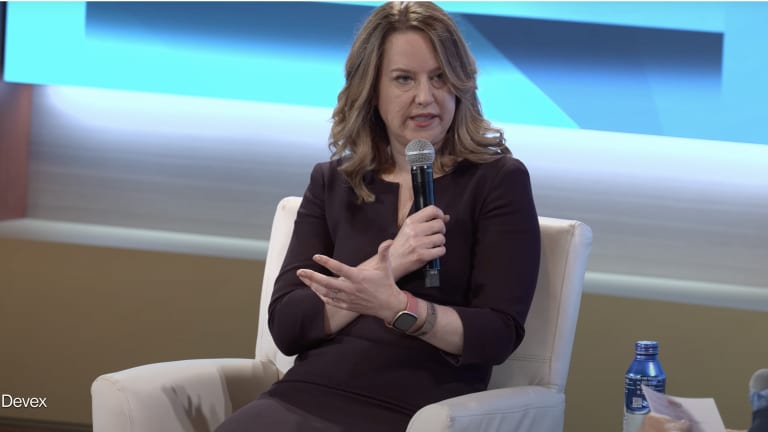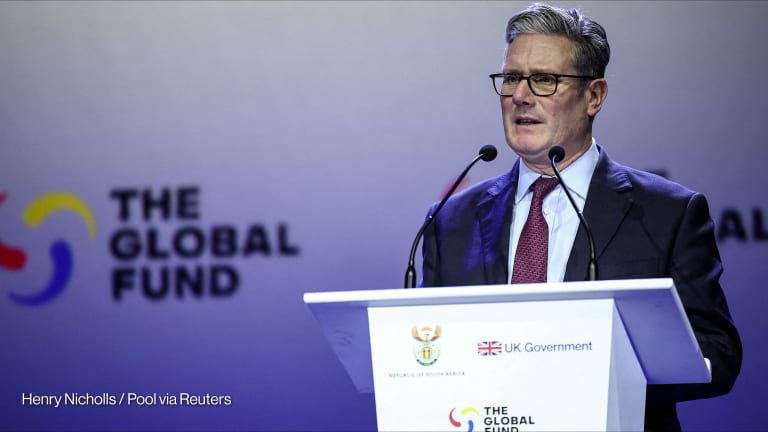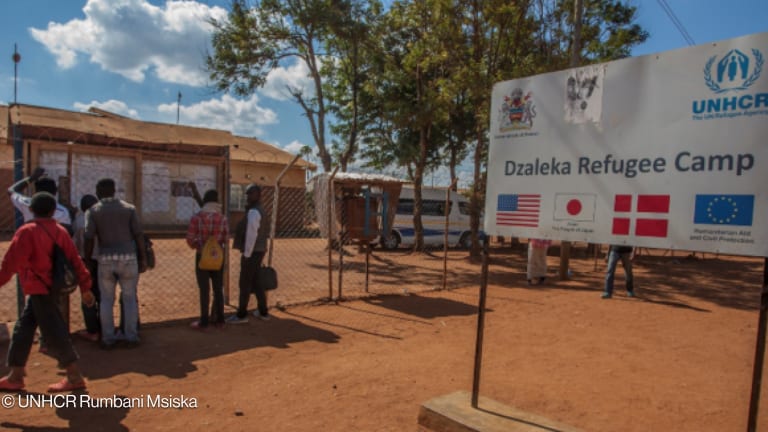
The 2021 Conference in Solidarity with Venezuelan Refugees and Migrants raised $954 million in grants, plus an additional $600 million in concessional loans on Thursday as conference hosts sought to elevate the chronically underfunded crisis’ international profile.
The virtual pledging conference was hosted by Canada, the International Organization for Migration, and the UN Refugee Agency. Canada’s Minister of International Development Karina Gould said more than 30 donors announced funding, and six new donors to the crisis participated.
“The total amount raised in grants within the Regional Refugee and Migrant Response Plan is a significant increase in the global community’s response. We can all be proud of our achievement today,” Gould said. “Today’s commitments will help address the protracted crisis causing so much suffering and also help build a bridge between the humanitarian response and longer-term development to move people out of crisis.”
“Despite the pandemic, the countries in the region have kept their doors open for the Venezuelans, and their welcome to the Venezuelans shows that where there is a will, there is a way.”
— António Vitorino, director general, International Organization for MigrationThe event was the second annual international donor conference for Venezuelans, over 5.6 million of whom have been forced to flee their collapsing country. Donors are supporting the $1.44 billion Regional Refugee and Migrant Response Plan, which was developed by 159 organizations in 17 countries that are hosting Venezuelans. Nearly halfway through the year, the plan was less than 6% funded — but the conference raised hopes that NGOs and governments would receive the help they need.
“This lack of funding is seriously affecting our ability to respond,” said Save the Children International CEO Inger Ashing. She said donors must focus on the most vulnerable populations, including children, women, Indigenous groups, people with disabilities, and the LGBTQ communities.
The vast majority of Venezuelan refugees and migrants are hosted in Latin America and the Caribbean, and funds raised will assist that population as well as host communities. The United States, the world’s largest humanitarian donor to the Venezuela crisis, announced a pledge of nearly $407 million in additional assistance.
Gould said Canada sought to raise the profile of the crisis and expand the international donor base, which has largely been concentrated in the Americas. New Zealand, Cyprus, and Poland were among the new donors. She said Canada saw it as part of the country’s responsibility as this year’s host to track pledges made at last year’s event, hosted by Spain and the European Union, to ensure money was actually received. Ninety-seven percent of those funds, some of which were multi-year commitments, have been allocated, Gould said.
Canada will also be tracking delivery of Thursday’s pledges, she said.
In addition to bilateral pledges from country governments, the World Bank announced a pledge of $623 million for 2021, $500 million of which is expected to be approved later this year in support of Colombia. Inter-American Development Bank President Mauricio Claver-Carone said his institution is requesting an additional $25 million from its board.
Both IOM and UNHCR hailed the event as a success after last year’s RMRP request was only slightly more than 50% funded.
“We are having this pledging conference amid a major impact of COVID-19 crisis,” IOM Director General António Vitorino said. “Despite the pandemic, the countries in the region have kept their doors open for the Venezuelans, and their welcome to the Venezuelans shows that where there is a will, there is a way.”
“It is very likely that the percentage of funding reached last year will be exceeded this year. This is a pledging conference, but more pledges are likely to come afterwards during the course of the year,” U.N. High Commissioner for Refugees Filippo Grandi said. “Although it is unlikely that we will reach 100% of the need covered — unfortunately that happens in international aid patterns — but we are improving on last year’s percentages and this is a great sign.”
The number of Venezuelan refugees and migrants who need access to key services such as food, shelter, health care, education, water and sanitation, and protection is also expected to increase, Grandi said.
“We anticipate that these flows will go on growing during the rest of the year and we need also to be prepared to give positive response to those increasing flows of people,” Grandi said.








